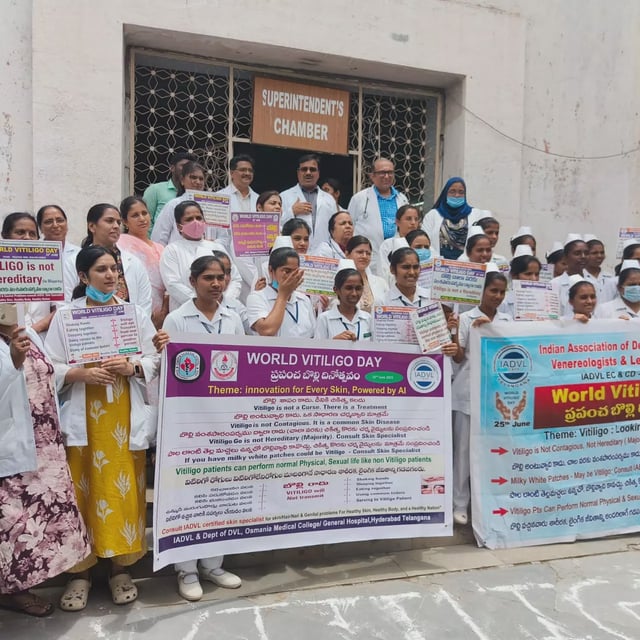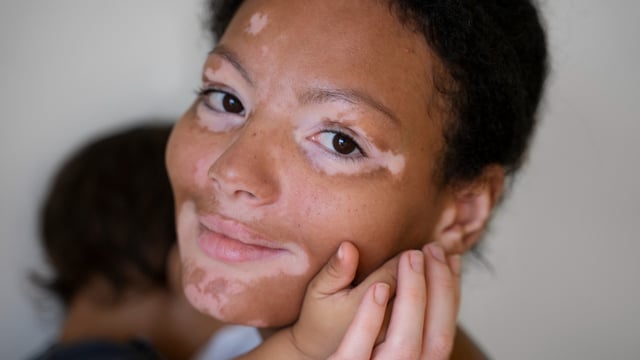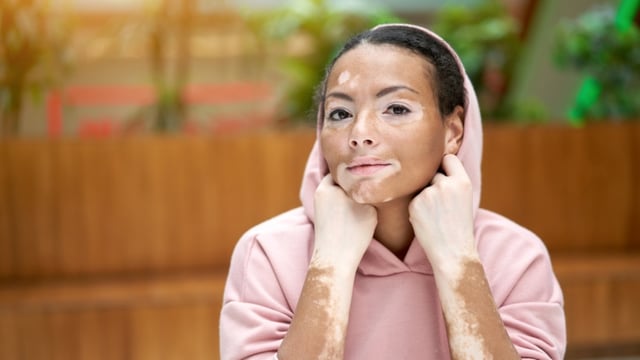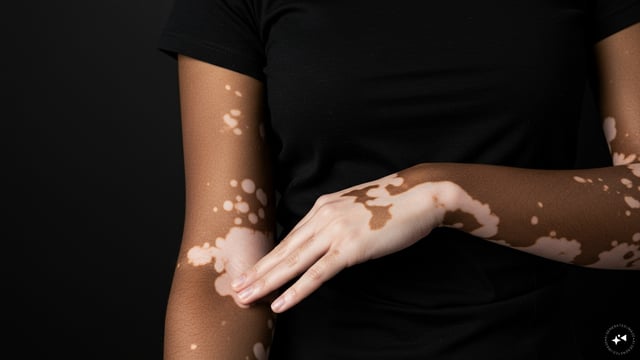Overview
- New research finds that 60.5% of vitiligo patients report symptoms of depression and over 40% have considered suicide, underscoring a serious mental health crisis.
- Persistent myths about contagion and diet contribute to social isolation and low self-esteem among affected individuals.
- Dermatologists stress that vitiligo is an autoimmune loss of melanocytes, not linked to hygiene or food, and that early diagnosis improves treatment outcomes.
- Topical JAK inhibitors like ruxolitinib have achieved significant repigmentation in about 58% of cases, and pairing with narrowband UVB phototherapy yields even higher success rates.
- On World Vitiligo Day experts are calling for routine mental health screening and integrated psychological support alongside medical therapies.



